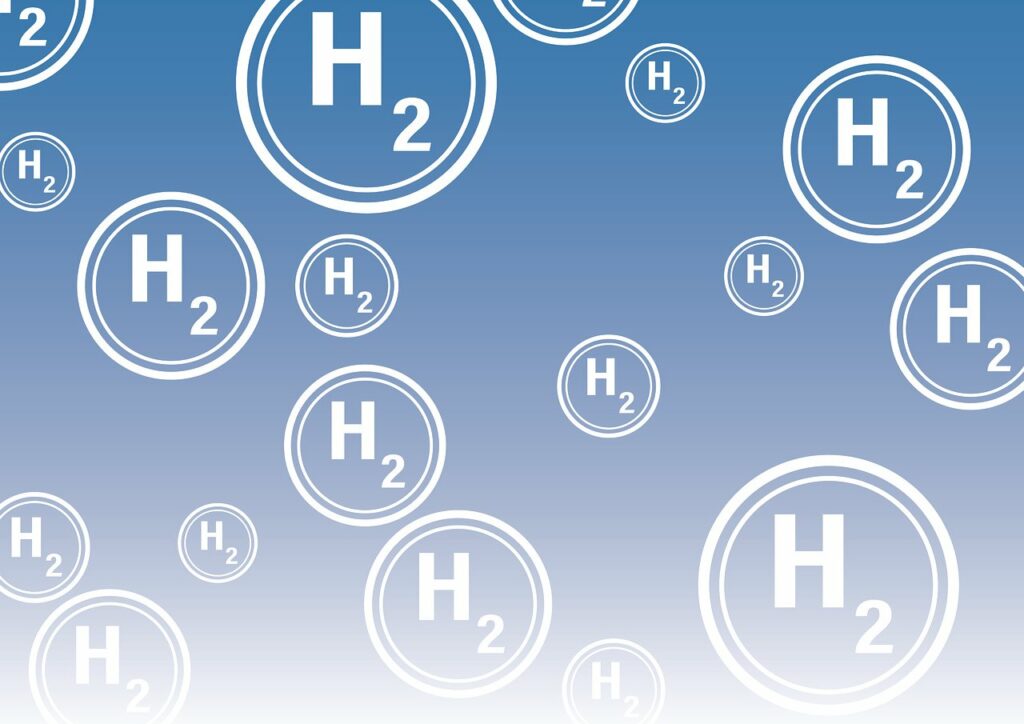NGK Insulators has clinched a significant purchase order for its NAS batteries. The collaboration between NGK Insulators and BASF Stationary Energy Storage (BSES) underscores the strategic alignment between industry leaders in advancing green hydrogen production.
As the project gains traction in the Baltic Sea, it serves as a testament to the growing importance of energy storage solutions in facilitating renewable energy integration.
At the heart of this initiative lies the deployment of NAS batteries to power the electrolyser, a critical component in hydrogen production. With a maximum output of 18MW, these batteries boast high-capacity and long-duration discharge capabilities, positioning them as a reliable solution for managing peak loads and ensuring grid stability.
Commercial Adoption: Breaking New Ground or Treading Familiar Territory?
While hailed as the “first” commercial adoption of NAS batteries for green hydrogen projects, it’s essential to contextualize this achievement within the broader landscape of energy storage technologies. Assessing the scalability, cost-effectiveness, and performance of NAS batteries vis-à-vis alternative solutions is crucial in gauging their long-term viability.
Partnership Dynamics: Collaboration or Dependency?
The longstanding partnership between NGK Insulators and BSES underscores a shared commitment to innovation and sustainability. However, the concentration of procurement and production within a select group of stakeholders raises questions about market competitiveness, supply chain resilience, and potential barriers to entry for emerging players.
The surge in demand for high-capacity batteries, exemplified by HH2E’s order for 93MWh from BASF, reflects a broader trend towards energy storage solutions in renewable energy ecosystems. As the industry grapples with evolving regulatory frameworks, technological advancements, and shifting consumer preferences, navigating market dynamics will be pivotal for stakeholders.





